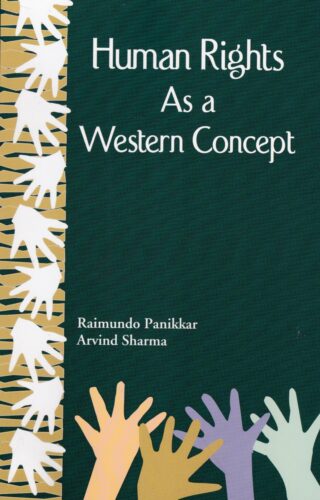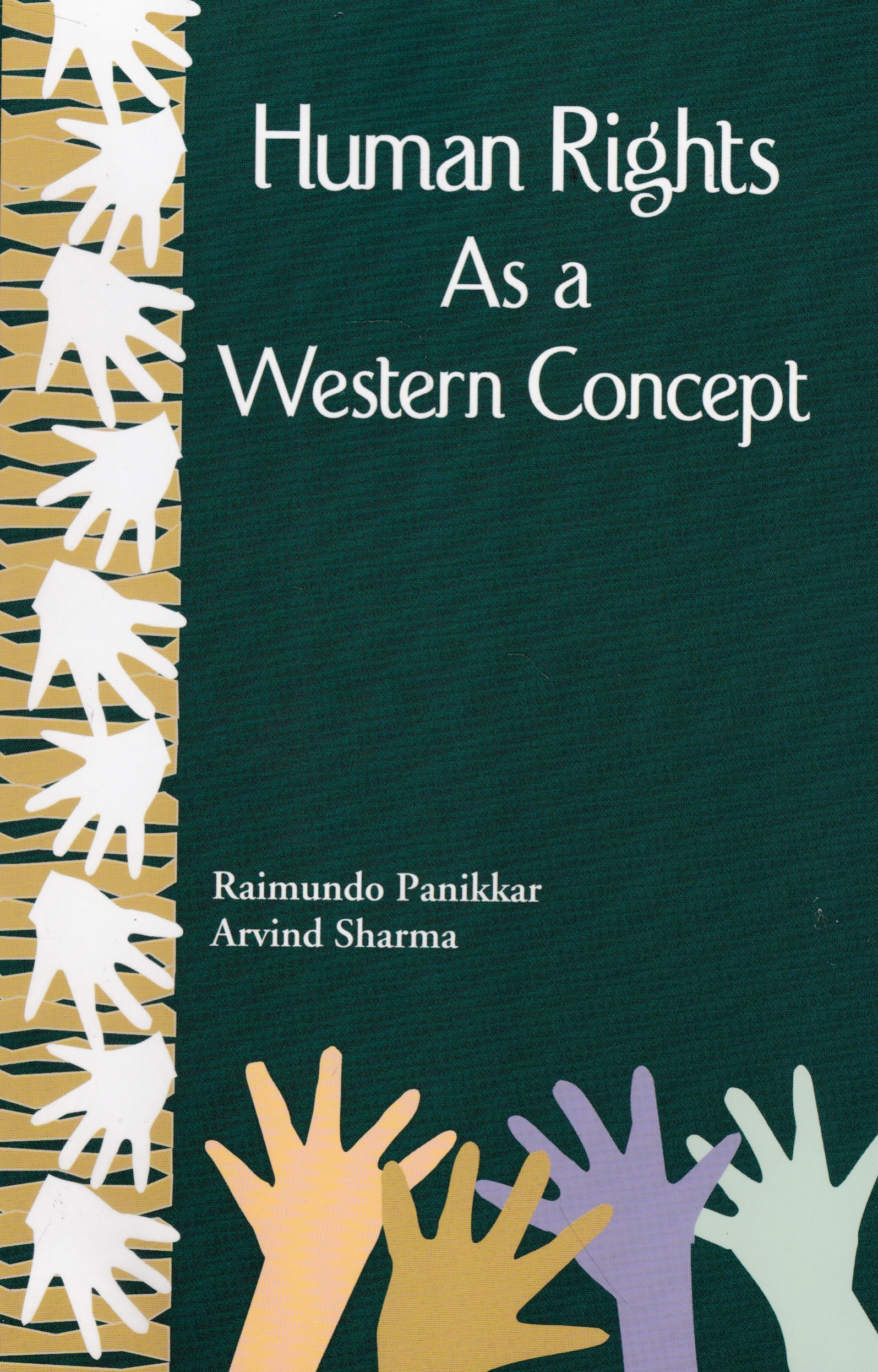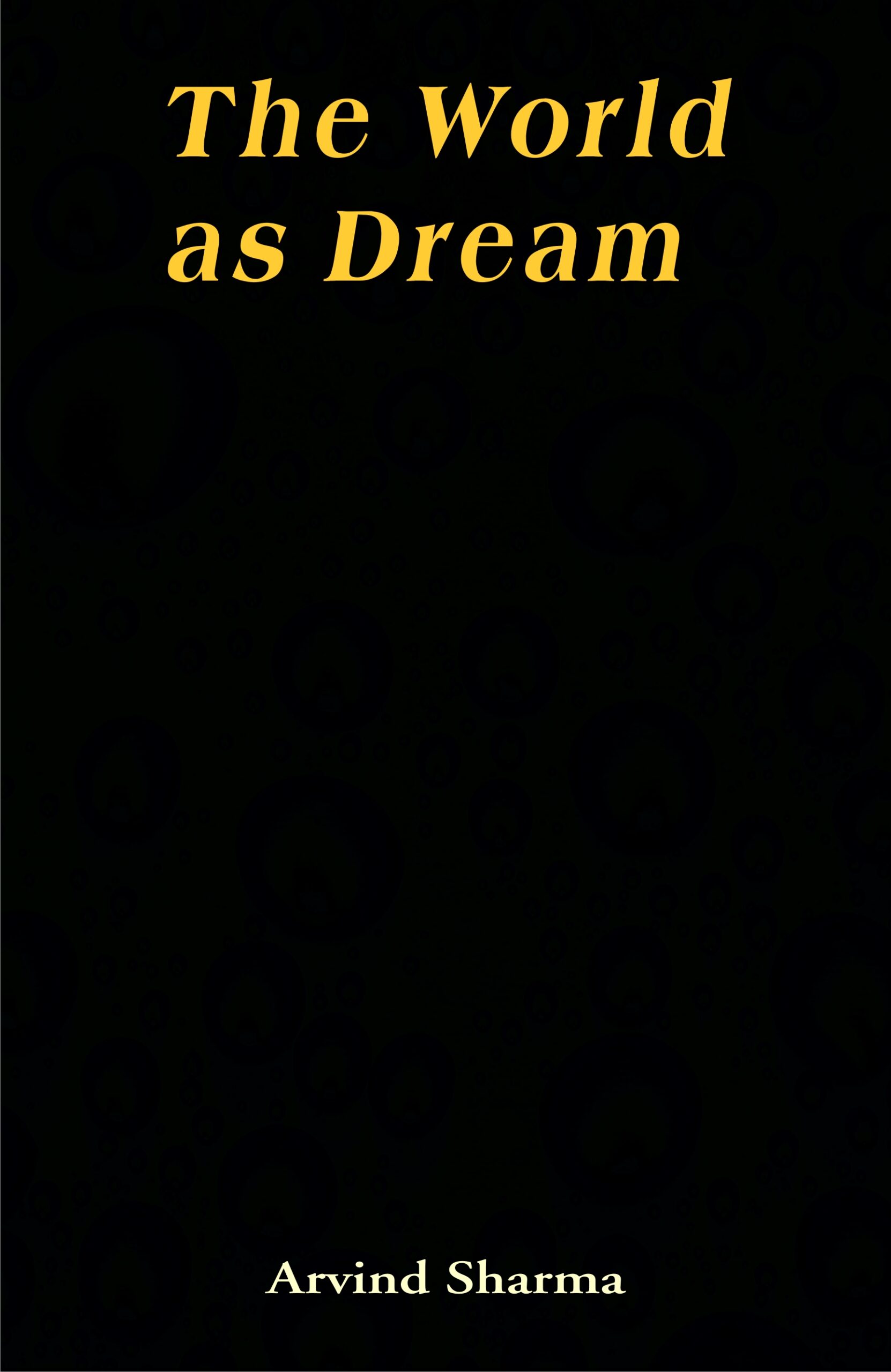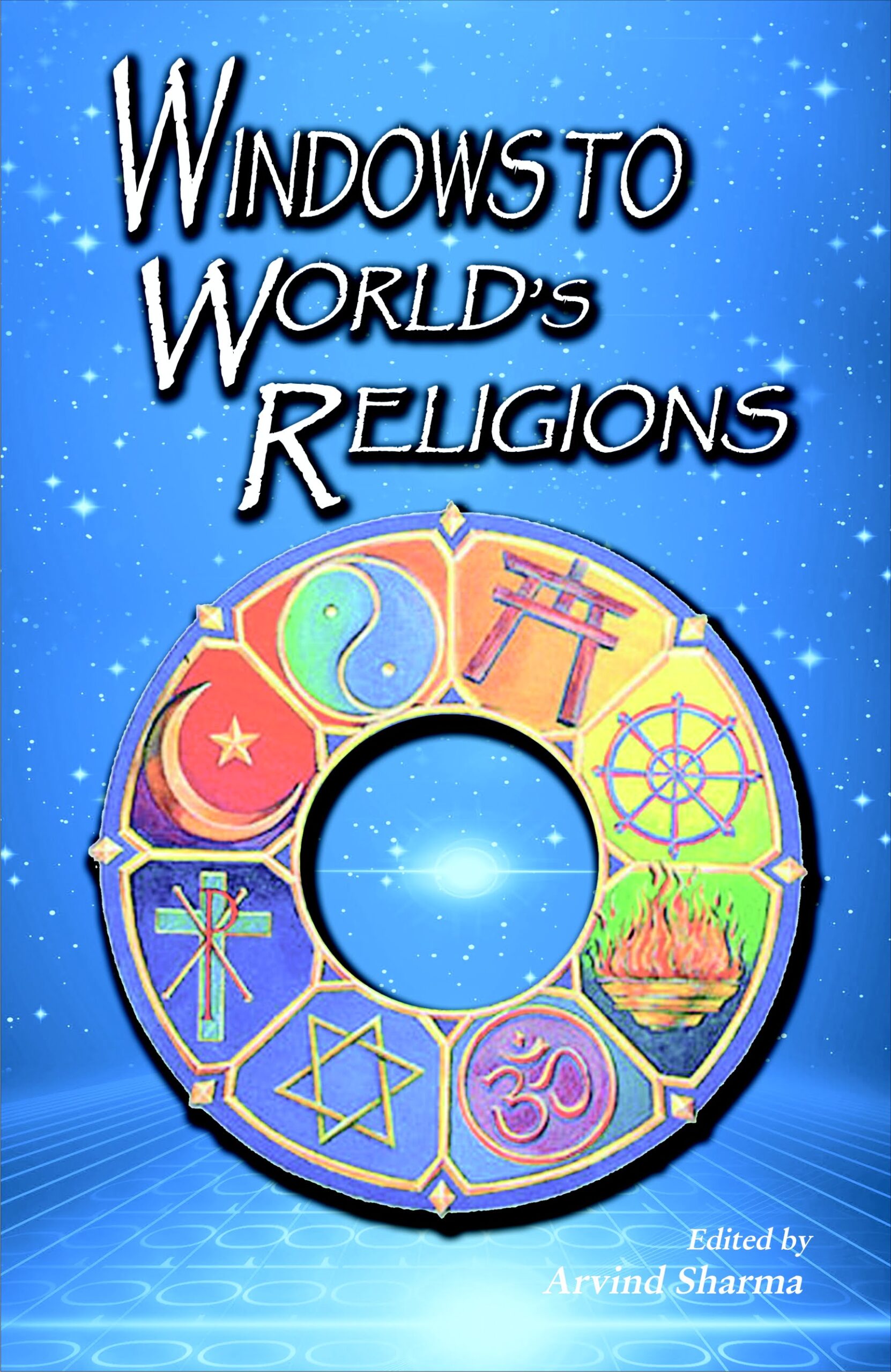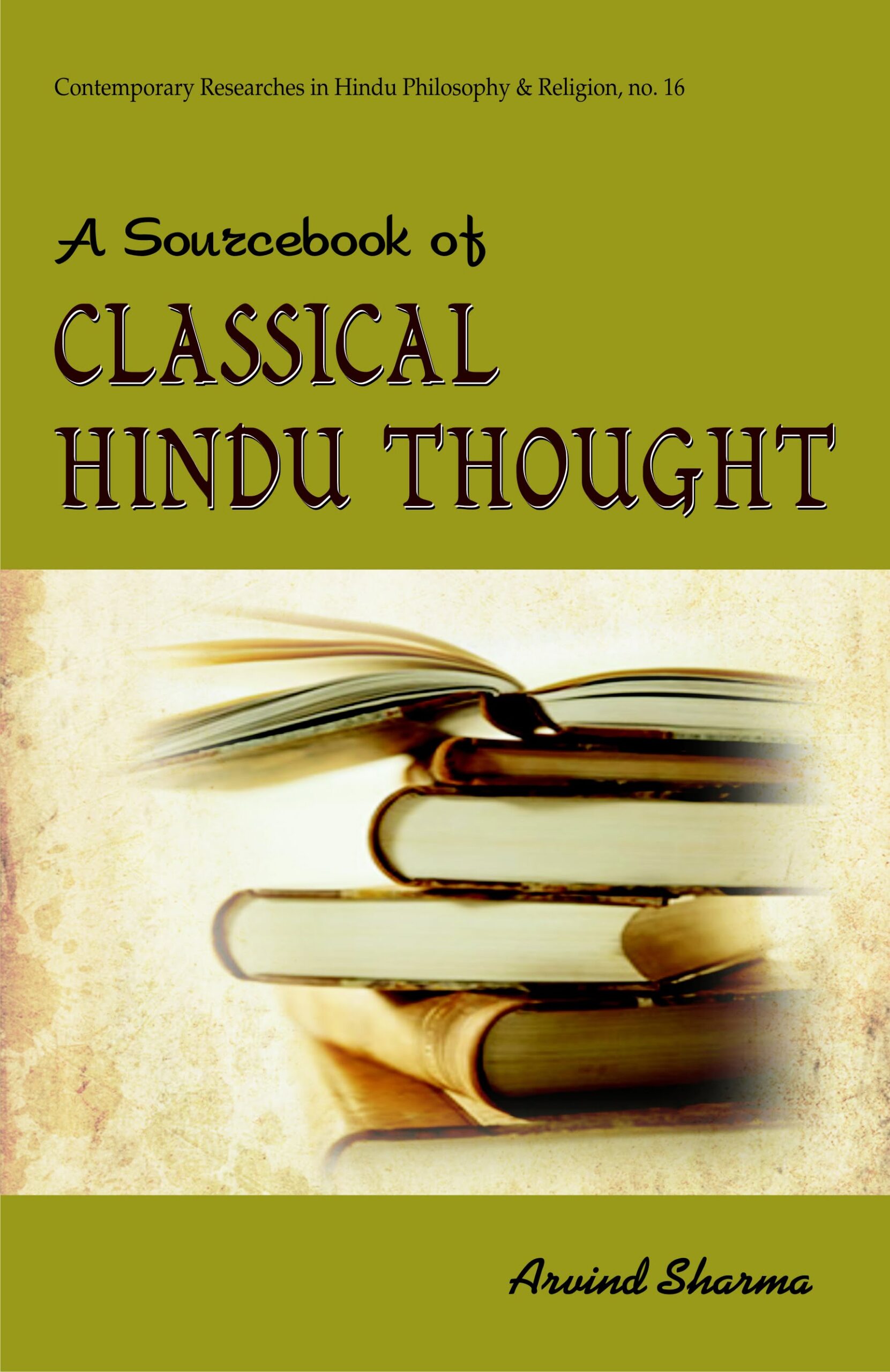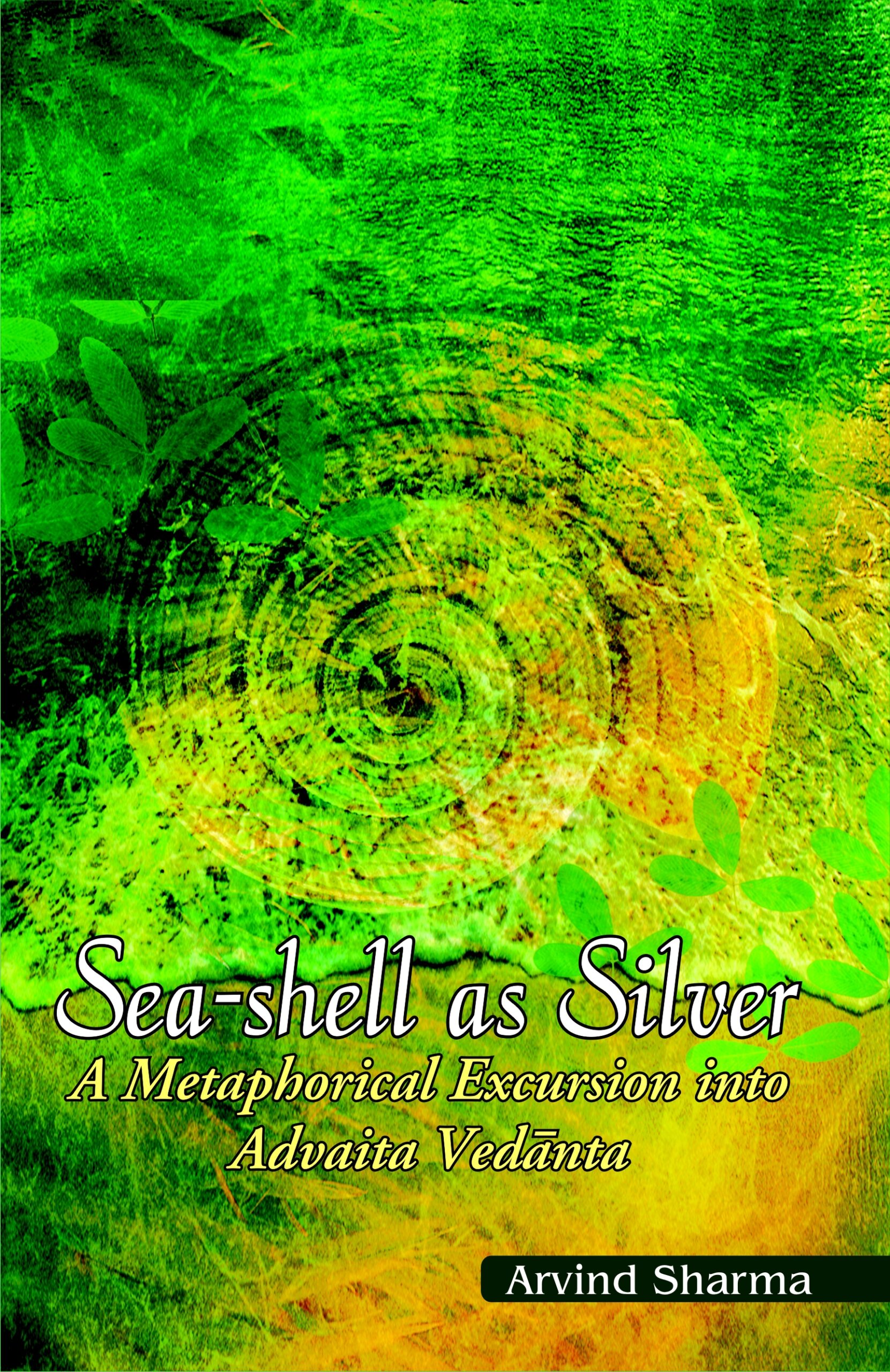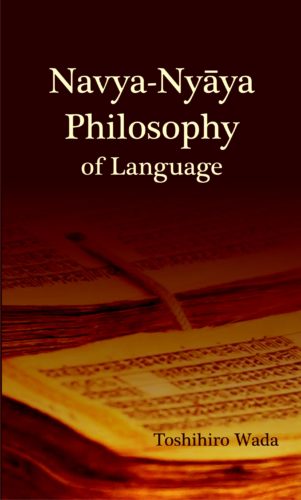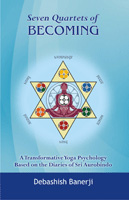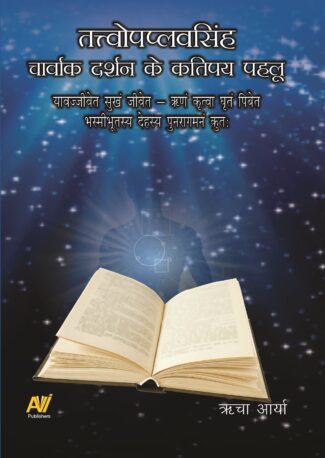

Human Rights as a We...
Human Rights as a Western Concept
by: Raimundo Panikkar , Arvind SharmaWhether the discourse on Human Rights constitutes an authentically universal discourse, or merely Western discourse masquerading as such, is an issue which has persisted ever since the Universal Declaration of Human Rights was adopted in 1948, and shows no signs of letting up. This book presents an in-depth exploration of this issue in a novel format, by presenting a celebrated piece on this issue by Raimundo Panikkar, with a detailed response to it by Arvind Sharma, thereby laying bare several key dimensions of the debate which may otherwise escape notice.
₹120.00 Original price was: ₹120.00.₹108.00Current price is: ₹108.00.
ISBN: 9788124604298
Year Of Publication: 2007
Edition: 1st
Pages : vii, 103
Bibliographic Details : Bibliography; Index
Language : English
Binding : Paperback
Publisher: D.K. Printworld Pvt. Ltd.
Size: 22
Weight: 150
Whether the discourse on Human Rights constitutes an authentically universal discourse, or merely Western discourse masquerading as such, is an issue which has persisted ever since the Universal Declaration of Human Rights was adopted in 1948, and shows no signs of letting up. This book presents an in-depth exploration of this issue in a novel format, by presenting a celebrated piece on this issue by Raimundo Panikkar, with a detailed response to it by Arvind Sharma, thereby laying bare several key dimensions of the debate which may otherwise escape notice.
1. Introduction
2. Is the Notion of Human Rights a Western Concept?
— by Raimundo Panikkar
3. A Response
— by Arvind Sharma
4. Conclusion
Bibliography
Index
- Sale!An Introduction to Jain Philosophy by: Parveen Jain
₹1,600.00Original price was: ₹1,600.00.₹1,440.00Current price is: ₹1,440.00.It is well-known that the Jain tradition has been extremely influential in the development of Indian thought and culture. The Jain tradition teaches that there is an interdependence of perception, knowledge, and conduct unified by an axiomatic principle of non-violence in thought, speech, and action. In this way, non-violence defines the core of the Jain tradition, which has had a profound effect on other dharmic traditions originating in India. Jain Dharma is so significant that in some ways it may be incomplete to attempt to understand other Indian traditions (such as Buddhism or Hinduism) without knowing the basics of the Jain tradition, since these other traditions developed in an ongoing dialogue with the insights and wisdom of Jain respondents and visionaries.
This book enables the reader to enjoy a comprehensive journey into the intricate world of Jain thought and culture in a way that is philosophical in its compelling rationality, deeply spiritual in its revelations, yet accessible in its language. The organization of this book allows the reader to engage in an overview of the central teachings of the Jain tradition, but also to ascertain the profundity of its depths. It can be read with equal efficacy in succession from beginning to end, or pursued by individual topics of interest to the reader. Either strategy will have the same effect: a systematic understanding of what the timeless teachings of Jain thinkers have to say about the universal issues of the human condition – and how we might understand our harmonious relationship with other living entities as a powerful and effective spiritual journey. - Sale!Navya Nyaya Philosophy of Language by:
₹400.00Original price was: ₹400.00.₹360.00Current price is: ₹360.00.This book represents the philosophy of language in Navya-Nyaya, based upon an analysis of the “Verbal Suffix Chapter” (Akhyatavada) of Gangesha’s Tattvacintamani. Since this chapter elaborates what kind of verbal understanding is generated and discusses related issues, the book demonstrates the main features of that philosophy of language and serves as a good introduction to that. The analysis mainly deals with Gangesha, but in some cases it refers to Raghunatha. Since the book is an attempt to pursue philological exactness and philosophical analysis, it is hoped to interest not only Sanskrit scholars, but also philosophers in general.
The book consists of four lectures. Lecture I clarifies Gangesha’s view of the meaning of the suffixes of a finite verb, which (meaning) is greatly disputed among the Navya-Nyaya philosophers, the Mimamsa philosophers, and the Grammarians. Lecture II investigates how Gangesha determines the meaning of words and illustrates that his method bears upon ontological categories of Vaisheshika. Lecture III deals with Gangesha’s “Five Definitions of Invariable Concomitance Section” (Vyaptipancaka) and elucidates the relation between meaning and the logical structure of the definitions. The lecture also provides diagrams as a tool to represent the structure. Lecture IV explains the realistic standpoint of Navya-Nyaya by clarifying the concept of the counterpositive (pratiyogin) of absence (abhava), or a thing whose existence is negated, focusing on empty terms or non-factual expressions such as “a round triangle”, “the present King of France”, “a rabbit’s horn”, and so forth. The lecture delineates how Udayana, Gangesha, and Raghunatha observed and, as the time passed, did realism thoroughly in language analysis. - Sale!Seven Quartets of Becoming by: Debashish Banerji
₹1,200.00Original price was: ₹1,200.00.₹1,080.00Current price is: ₹1,080.00.Groomed in a modern academic tradition and post-Enlightenment ideals of creative freedom and social critique, Sri Aurobindo (1872-1950) turned his attention to yoga and the limits of consciousness in its ability to relate to and transform nature. In the process, he documented scrupulously his experiments and experiences based on a synergistic existential framework of practice.
Debashish Banerji correlates the approach to yoga Sri Aurobindo took in his diaries with his later writings, to derive a description of human subjectivity and its powers. Banerji constellates Sri Aurobindo’s approach with transpersonal psychology and contemporary lineages of phenomenology and ontology, to develop a transformative yoga psychology redefining the boundaries and possibilities of the human and opening up lines of self-practice towards a wholeness of being and becoming.
Both scholar and Yogi, Aurobindo (1872-1950) carefully documented the unfolding of spiritual consciousness starting shortly after his deep revelatory experiences while in prison in 1908. His observations were recently published in a two volume set, The Record of Yoga. Debashish Banerji has analyzed this work and offers a detailed, clear, systematic and inspirational interpretation of how the Yoga of Sri Aurobindo may be understood and practiced.
Þ From the `Foreword’ of
Prof. Christopher Key Chapple
Doshi Professor of Indic and Comparative Theology Loyola Marymount University, Los Angeles, (USA) - Sale!Tattvopaplavasimha Carvaka darasana ke katipaya pahalu (???????????????? ??????? ????? ?? ????? ????) by: Richa Arya
₹795.00Original price was: ₹795.00.₹716.00Current price is: ₹716.00.Jayarashibhatta’s Tattvopaplavsimha (ca. 8th cent.) is considered to be an important work of the Caravaka (Charvak) philosophy. The Charvak philosophy rejects evidence other than the direct evidence, to the extent that it does not consider sky as an element in the five fundamental elements (earth, water, fire, air and sky). The manuscript of Tattvopaplavisimha was obtained from Patan (modern-day Patna) in 1926. It was published in the Oriental Series in 1940 and with an introduction in Hindi by Pandit Sukhlal Sanghvi in 1987. The historical work examines the definitions of the evidence as accepted by various arms of Indian philosophy. The present book reviews the refutation of various epistemological principles explained in Tattvopaplavsimha.जयराशिभट्ट कृत तत्त्वोपप्लवसिंह (आठवीं शताब्दी) चार्वाक दर्शन का ग्रन्थ माना जाता है। चार्वाक दर्शन प्रत्यक्ष प्रमाण के अतिरिक्त सभी प्रमाणों को अस्वीकार करता है, इसके साथ ही प्रत्यक्ष को ही एकमात्र प्रमाण मानने के कारण चार्वाक पंचतत्वों (पृथ्वी, जल, अग्नि, वायु एवं आकाश) में आकाश तत्त्व को नकारता है। तत्त्वोपप्लवसिंह ग्रन्थ की पाण्डुलिपि सन 1926 में पाटन से प्राप्त हुई। सन 1940 में ओरियंटल सीरीज में तथा 1987 में पंडित श्री सुखलाल जी सांघवी की हिंदी भूमिका के साथ प्रकाशित हुआ। यह ग्रन्थ वैतण्डिक पद्धति होने के कारण भारतीय दर्शन के विभिन्न सम्प्रदायों द्वारा स्वीकृत प्रमाणों की परिभाषाओँ और प्रमाण की परीक्षा करता है। प्रस्तुत पुस्तक में तत्त्वोपप्लवसिंह में व्याख्यायित विभिन्न ज्ञानमीमांसीय सिद्धांतों के खंडन की समीक्षा की गयी है।
- Sale!Vada in Theory and Practice by: Radhavallabh Tripathi
₹1,300.00Original price was: ₹1,300.00.₹1,170.00Current price is: ₹1,170.00.Vada, meaning debates, dialogues, discussions, was the quintessential of Indian spirit, enabling and promoting the growth of different philosophical and knowledge systems of India. It percolated deep into our mindset and enriched the moral, ethical, religious and sociocultural edifice of anything that was essentially Indian in nature. As continuation of Anvikshiki from the bc era, vada helped thrive Indian traditional knowledge systems. It subsists on diversity and its tradition envisages pluralism.
Most of our Sanskrit works, covering a wide gamut of knowledge systems, are structured in the techniques of debate. This reality applies not only to the philosophical writings, but to Indian medical systems (Ayurveda), Arthashastra of Kautilya and Kamasutra of Vatsyayana as well. Even great epics like Ramayana and Mahabharata are no exceptions.
Vada culture involved verbal duals, attacks and even violence of speech, and all major religious systems — old or modern — were parties to it. This book also elucidates how vata was vital and critical for the growth of our socio-political fabrics. It shows how some of the major conflicts in philosophical systems were centred around karma, jnana, choice between violence and non-violence, pravritti and nivritti. It also presents the manifestations of vada on a vast canvas during the nineteenth and twentieth centuries. Modern spiritual and religious gurus like Ramana Maharshi, J. Krishnamurti and Vinoba Bhave were men of dialogues. Our scholars have applied the varied techniques of vada against the philosophical and scientific systems of the West to prove them correct.
This collector’s issue should enthrall a wide audience of philosophers, scholars and believers in Indian knowledge systems.


